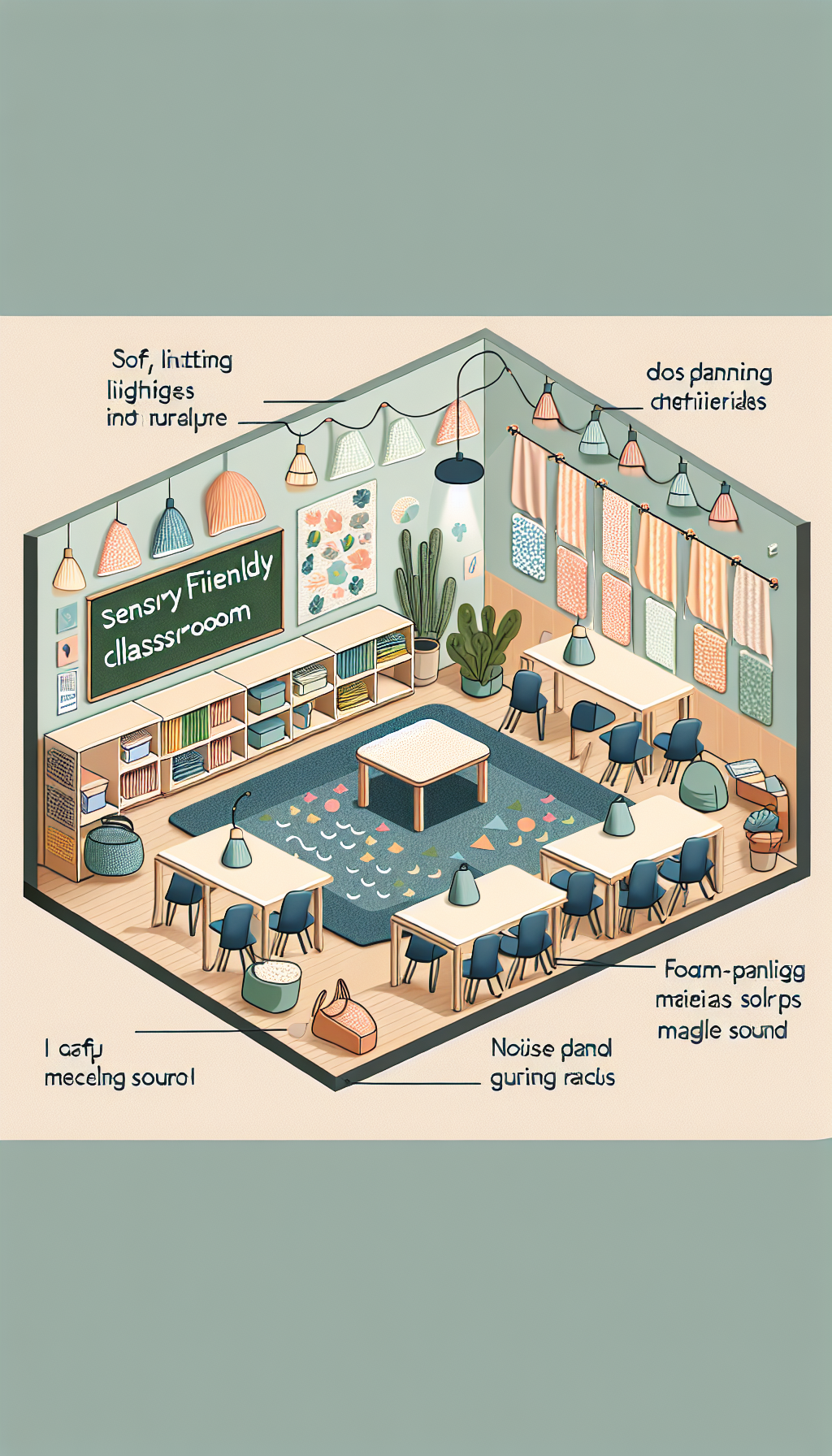In a world that is unceasingly bombarded with information, the ability to concentrate and maintain focus is more valuable than ever. The human sensory system plays a pivotal role in how we interact with our environment, influencing everything from emotion to cognitive function. This article aims to explore the complex relationship between sensory stimulation and its effects on concentration and focus, touching upon various aspects that contribute to optimizing our sensory environments for better cognitive performance.
Understanding the Sensory System
Before delving into the effects of sensory stimulation, it’s crucial to have a fundamental understanding of the sensory system itself. The human body is equipped with a sophisticated system that processes stimuli through five primary senses: sight, sound, touch, taste, and smell. Additionally, our sensory health is paramount in maintaining this system’s integrity, ensuring that each sense can effectively contribute to our overall well-being. For more in-depth information on sensory health, please visit Avix Health’s sensory health section.
Sensory Processing and Cognitive Performance
Sensory processing refers to the way the nervous system receives messages from the senses and turns them into appropriate motor and behavioral responses. Whether you are reading a book, engaging in a conversation, or simply trying to focus on a task, your sensory system is continually at work processing the information around you.
For example, research on sensory processing indicates that the brain’s ability to filter out irrelevant stimuli is crucial for concentration and focus. The presence of appropriate sensory stimuli can enhance cognitive function, whereas overstimulation or understimulation can lead to distractions and a decrease in performance.
The Role of Sensory Environments in Learning and Productivity
Creating an environment that caters to optimal sensory stimulation can be instrumental in enhancing concentration and focus. This is particularly evident in educational settings where sensory-friendly designs have proven beneficial. Incorporating elements like controlled lighting, noise reduction, and texture-rich materials can significantly impact learning outcomes. For more insights, consider reading about the best practices in designing sensory gardens for schools.
Sensory Tools and Strategies for Improved Attention
There are numerous innovative tools and strategies that have been developed to assist individuals who struggle with attention deficits due to sensory processing issues. From noise-canceling headphones to weighted blankets, these tools can provide the necessary sensory input or reduction to aid in better focus. The use of such tools is not limited to children or individuals with diagnosed attention disorders; they can be beneficial for anyone seeking to improve their concentration in a distracting world. For further reading, the article on innovative sensory tools for attention deficit disorders provides an excellent overview.
The Impact of Nutrition on Sensory Processing
Nutrition plays a crucial role in sensory processing, with certain nutrients having a direct impact on cognitive functions such as attention and memory. For instance, omega-3 fatty acids, found in fish and flaxseeds, are known to support brain health and could potentially enhance focus and concentration. The link between sensory processing and nutrition is further explored in the article on understanding the link between sensory processing and nutrition.
External Resources Supporting Sensory Stimulation and Focus
- The Sensory Integration Global Network provides specialized resources and information on sensory integration practices that can enhance focus.
- A scholarly article on Frontiers in Psychology delves into the complex relationship between sensory processing sensitivity and attention.
- The STAR Institute offers a wealth of resources on sensory processing disorder, including strategies to improve focus and attention.
Conclusion
The interplay between sensory stimulation and cognitive performance is a field ripe with potential for enhancing the quality of life and productivity. By understanding and applying the principles of sensory processing to our environments, we can create spaces that not only foster improved concentration and focus but also support overall sensory health. As we continue to uncover the intricacies of our sensory system, we pave the way for innovative approaches to learning, working, and living.
In conclusion, the sensory system’s impact on concentration and focus is profound and multifaceted. By harnessing the power of sensory stimulation through environmental design, sensory tools, and mindful nutrition, we can significantly enhance our cognitive capabilities. As we tailor our surroundings to meet our sensory needs, we not only improve our ability to concentrate and focus but also enrich our overall sensory health and well-being.



